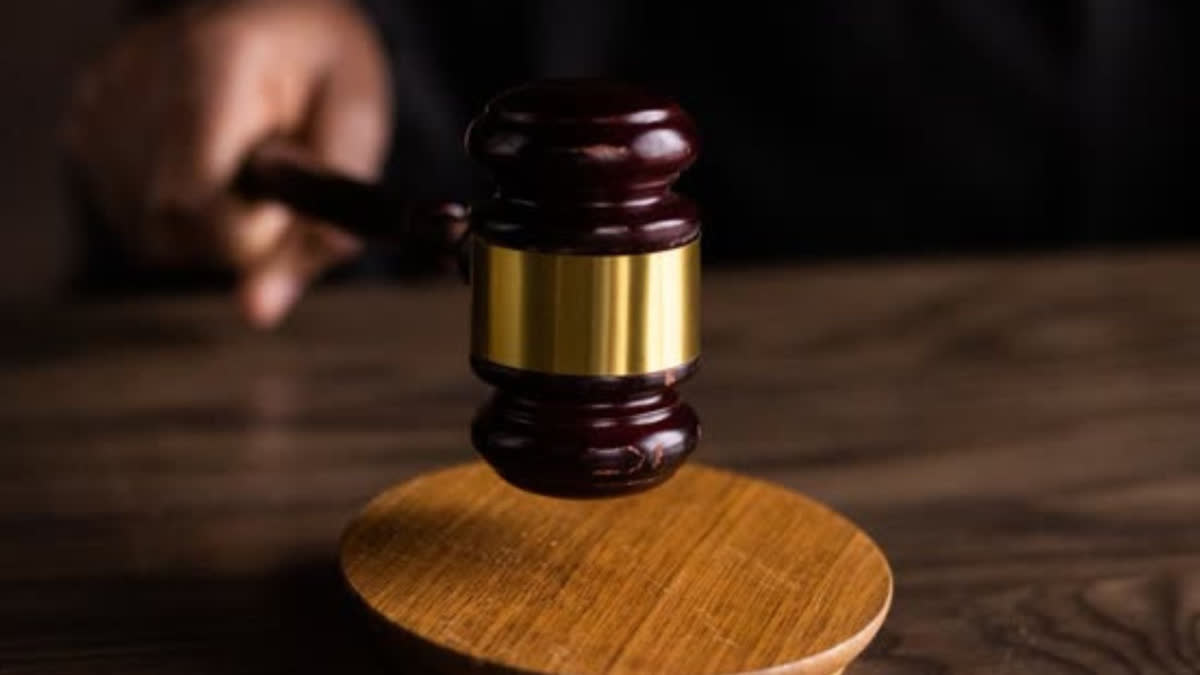New Delhi :The Supreme Court Monday issued notice on a plea by Kerala government claiming that state’s governor, Arif Mohammed Khan, is delaying the consideration of bills passed by the legislative assembly. The state government claimed inaction on the part of the governor in relation to as many as 8 bills passed by the state legislature and presented to the governor for his assent under Article 200 of the Constitution.
A bench led by Chief Justice of India D Y Chandrachud issued notice on the state government's plea and scheduled the matter for further hearing on Friday. The notice has been issued to the additional chief secretary to the governor and the Union of India.
During the hearing, senior advocate K K Venugopal, representing the Kerala government, said the governors do not realise that they're part of the legislature and in this case, he has signed 3 ordinances. Venugopal said the governor promulgates ordinances and when it is made a bill then for two years, he sits on it. Venugopal also pointed out that the court had asked the Attorney General and Solicitor General to assist it in the matter and the documents have been served on them. The apex court asked either the Attorney General or Solicitor General to assist the court in the matter.
The state government said 3 bills have remained pending with the governor for more than 2 years, and 3 more in excess of a full year. “The conduct of the Governor, as would presently be demonstrated, threatens to defeat and subvert the very fundamentals and basic foundations of our Constitution, including the rule of law and democratic good governance, apart from defeating the rights of the people of the State to the welfare measures sought to be implemented through the Bills”, said the state’s plea.
The plea said Article 200 of the Constitution casts a solemn duty on the governor of a state by requiring that on the presentation to him of any Bill passed by the state legislature, he “shall declare either that he assents to the Bill or that he withholds assent therefrom or that he reserves the Bill for the consideration of the President”.
